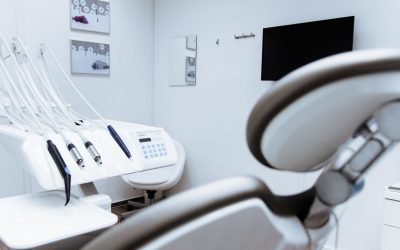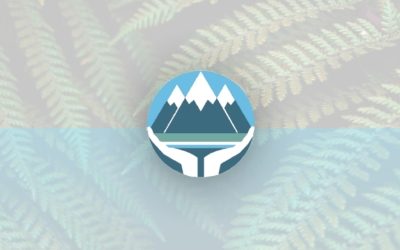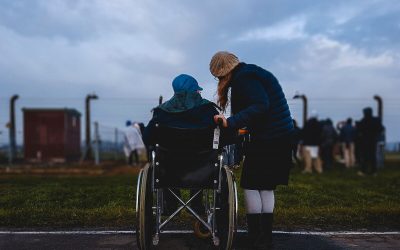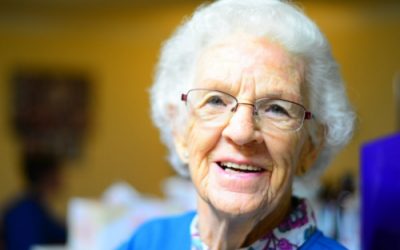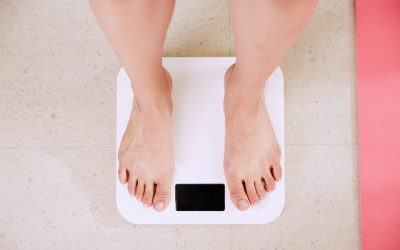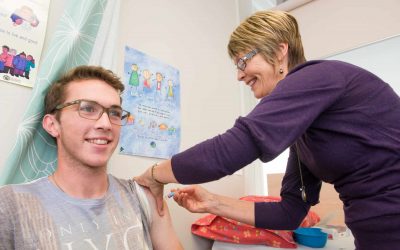Dental care is free up until you turn 18, so get it while you still can! Find out what free care you are eligible for... read more about Get free dentist visits while you can»
I'm not well, where do I go?
Self Care
Grazed knee, light cough, go to healthinfo.co.nz
Pharmacy
Diarrhoea, runny nose, hayfever, sore throat
Phone Advice 24/7
Unwell? Call your practice to talk to a nurse after hours
General Practice
Non-urgent health concerns, ear pain, fever
Hospital Emergency
Serious accidents, chest pains, stroke call 111

